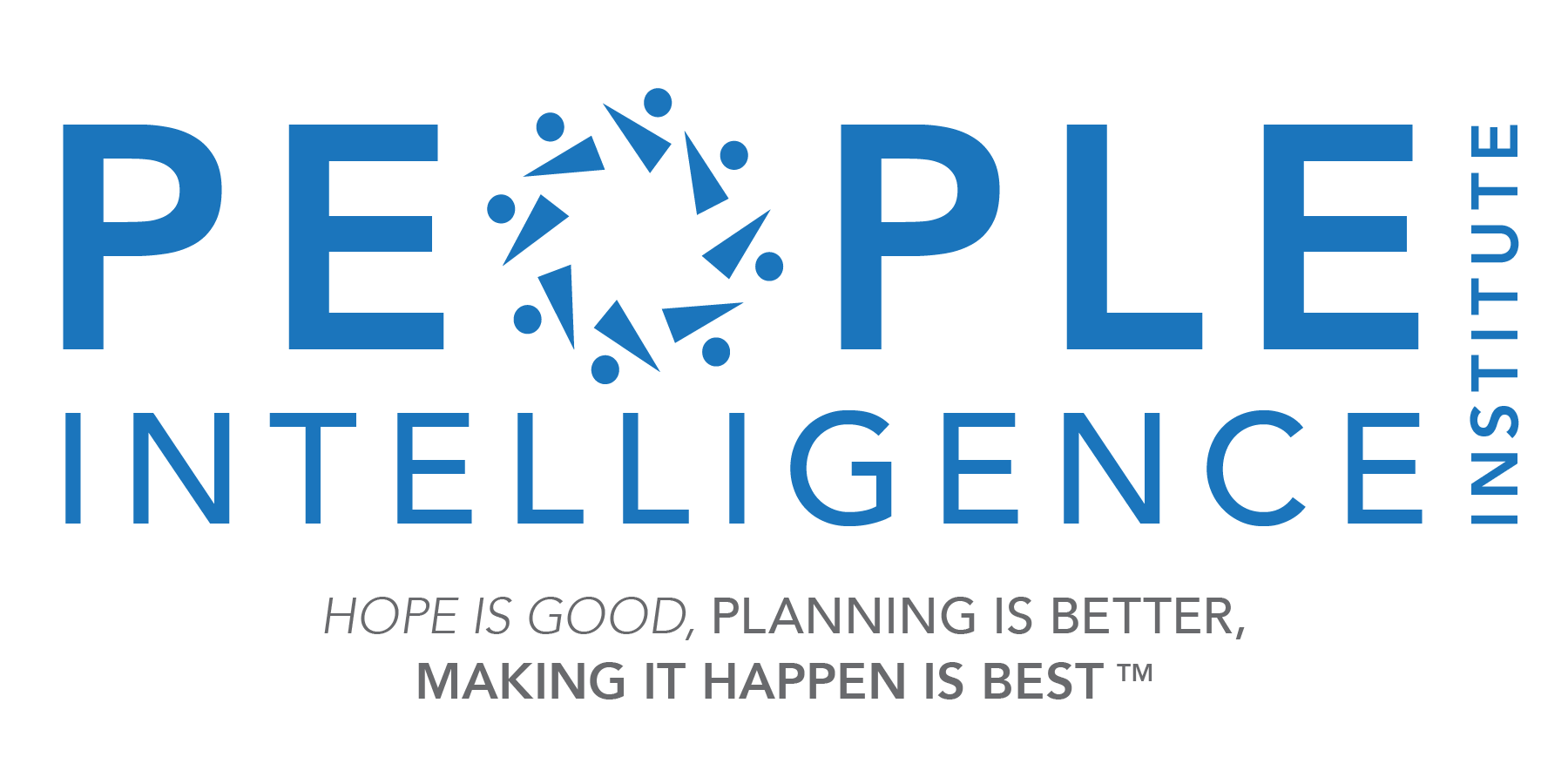"This course has helped train my eye and my mind to see more emotions in others, and as a result, have more successful interactions with others when they are emotional. I am more likely to notice things earlier, before escalation, when the potential to make better choices is stronger."
Read MoreEmotional Clarity
 In his memoir, "A Drinking Life", Pete Hamill said drinking takes away two of a writer's most valuable tools, clarity and memory.
In his memoir, "A Drinking Life", Pete Hamill said drinking takes away two of a writer's most valuable tools, clarity and memory.
Clarity is energizing. Clarity is illuminating. Without it your path forward is uncertain, murky and frustrating. Your goals are fuzzy and your optimism almost non-existent. The master motivator Tony Robbins says, "In order to have an extraordinary life you must have an extraordinary psychology." That state requires clarity of purpose. "Clarity is power," Tony declares.
Emotional clarity is a double-bladed plough that cuts through the muck of communication and clears a path for mutual understanding. But like any tool it must be used properly. You must understand its utility and use it intelligently to achieve optimum results. In short; you gotta read the directions.
In a thesis written for Ohio State University in 2007, Samantha Mowrer states that emotional clarity is associated with positive and affective well-being, "...faster rebound from an induced negative mood, adaptive coping styles and affirming attributions for the occurrence of positive events." On the flip side, Mowrer reminds us that poor emotional clarity is negatively related to, "ambivalence over emotional expression, depression, neuroticism, social anxiety and distress" among other downward expressions that leave us vulnerable to skepticism and cynicism.
Ambivalence is demoralizing. Apathy is death to a relationship. Nothing hurts more than when the other person simply doesn't care any longer. Much of what drives work and personal relationships to the brink of disaster is uncertainty - about true feelings, needs, goals and fears. Negative attributes can be upended toward a positive bias with emotional clarity. It's the ability to project a clear message, grounded in mindfulness, attentiveness, compassion and truth. It's knowing 'what' so you can know 'how'.
Like any useful tool, it takes time, effort and purposeful practice to attain a level of expertise. It begins by asking two simple questions: What are emotions? How are they expressed?
In order to self-regulate emotions we have to be aware of what they are. In order to empathize with others we need to recognize how emotions are integral to the manner and meaning of their efforts to communicate. In order to cope, adapt, support, affirm, understand and focus, we must pay attention, not just to words but to totality of expression.
Here's a quick example. One of your engineers has been working on a project that has the potential to double the top line growth of your company. On paper his ideas are sound, innovative and well-constructed. You direct him to present his ideas to a critical client in the presence of the CEO but you are unaware he has an abject fear of public speaking.
The engineer fails miserably. His brain seizes. His ideas are stilted, he cannot answer questions about his design, he seems unsure at best if his ideas have any merit. The whole event is a crushing.
What happens next? Your judgment is seen as faulty. Your ability to spot good ideas and groom talent are brought into question. You wonder aloud if the engineer even developed the idea on his own. You question his integrity. You begin to doubt your own abilities.
Two things went wrong here: the engineer failed to properly communicate his fears and you failed to spot his emotional reaction to your directive to present his concept. Had there been greater understanding and empathy, you would have made the presentation yourself, with your engineer on hand to answer questions. His lack of fear would have kept his mind relaxed and focused on the facts. The presentation would have had a different outcome. So what's the lesson?
Once you understand what emotions are and how they have an impact on your own behavior, you become better at seeing and understanding both the prevalence and relevance of emotions in the behavior of others, how emotions affect relationships, stability, communication and trust. Clarity of emotions is paramount to successful communication. Clarity is exciting. It empowers your way forward.
Image courtesy of David Castillo Dominici / FreeDigitalPhotos.net
